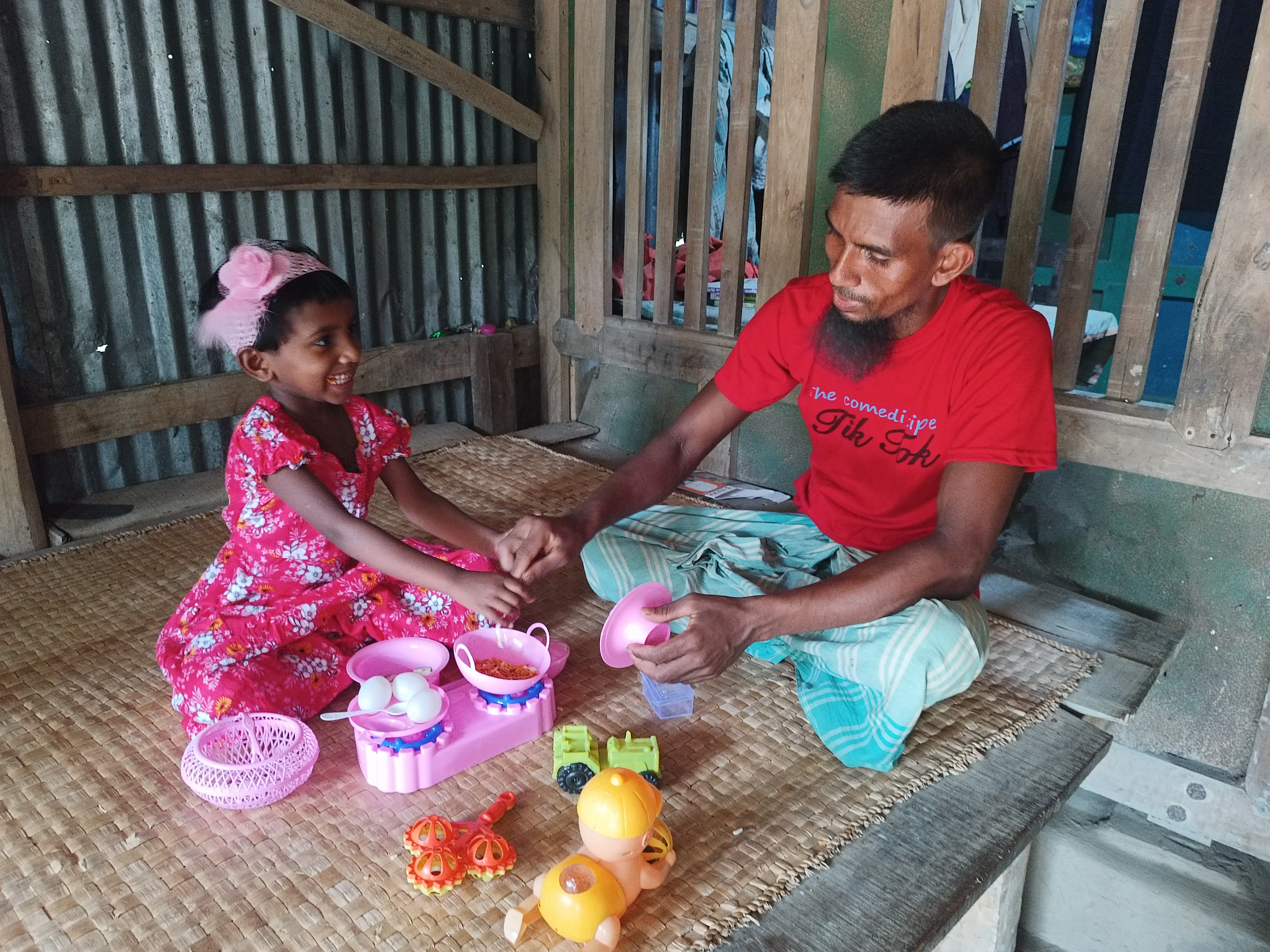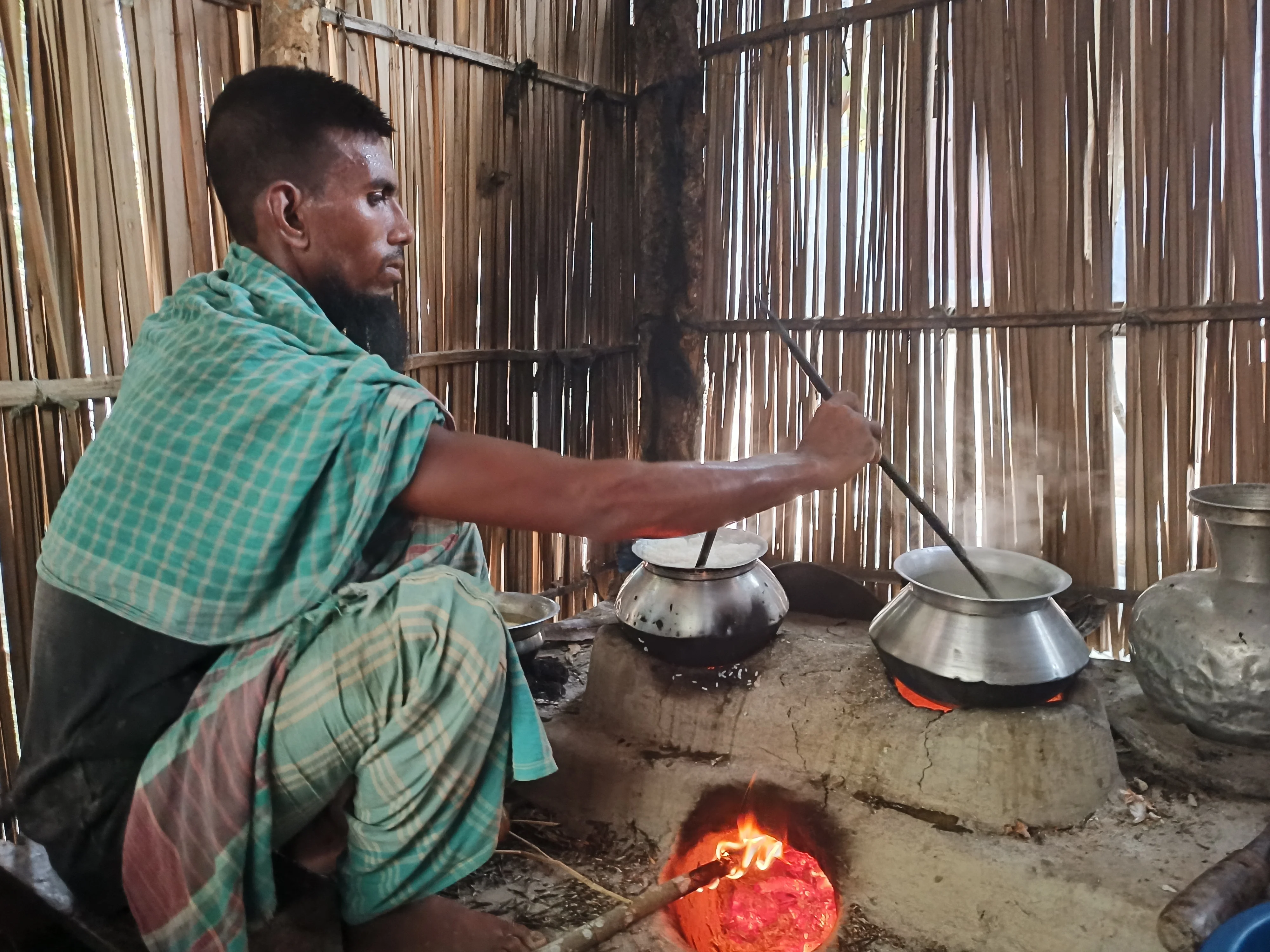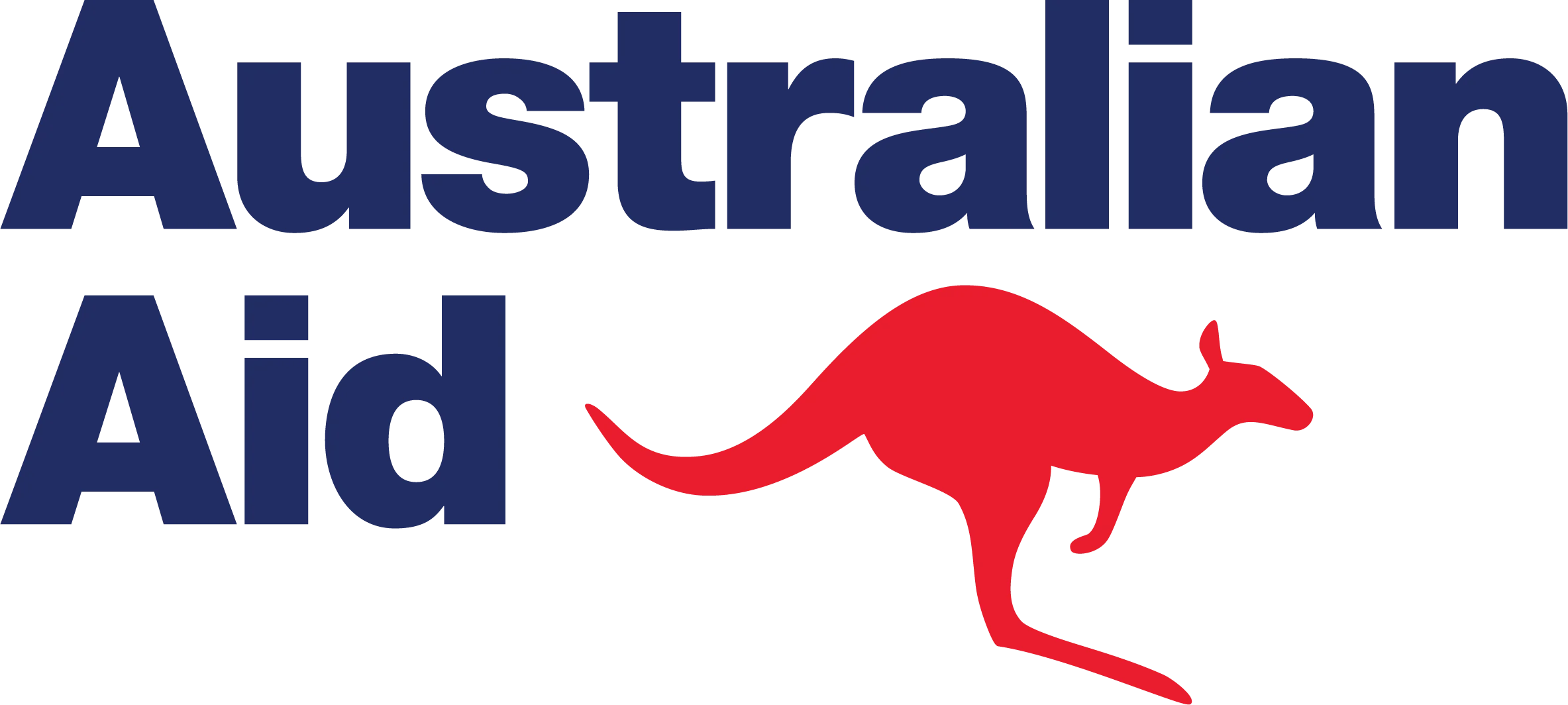Gender equality in Early Childhood
In Bangladesh we’re finding innovative ways to challenge gender norms in early childhood development, encouraging parents to share the responsibility of caring for their children, and supporting fathers to be emotionally and practically engaged in their child’s upbringing.

Around the world, social norms that see father’s taking a less active role in caring for children can perpetuate gender inequalities in the home and in society.
Our Gender Transformative Early Childhood Development project introduces a number of innovative community engagement modalities that aim to create a network of gender equality champions across broader society and within families, with special consideration for the unique cultural dynamics of Bangladeshi families and communities.
One of these initiatives is Fathers Café, which provides a community platform for men to discuss the changing roles of father’s in modern Bangladesh and to transform the tradition of low father participation in child-rearing and care. Another is Grandparents Groups which work with the older generation to promote male engagement in child-rearing and support women’s agency at the household level.
And of course, through our ongoing partnership with Sesame Workshop Bangladesh, we continue to deliver innovative media resources, including books, posters and puzzles, video content and a YouTube channel that champions gender transformative messages.
Already significant progress has been made in engaging parents and caregivers in nurturing care activities. Families are reporting that they feel better equipped to support their children, both boys and girls, to thrive.
Father’s engagement in childcare has increased at the household level and reports indicate that fathers are actively engaging in the nurturing of their loved ones, especially children aged 0 to 8. The data also indicates that other male members of the family, such as uncles, brothers, and grandfathers, are playing an active role in helping new mothers with infant care, demonstrating a marked shift in gender norms.
My perception underwent a remarkable transformation thanks to the Fathers Café," shares Md. Kabir, a father and member of the project in Bangladesh.
"I participated in many sessions of Fathers’ Café, which helped me recognise the shared responsibility of both male and female members of the family in household chores and also child development. Now, I actively assist my wife with household duties, spending quality time with my children. My family bonding is now stronger and we are happier than before."
Working as a passionate advocate for gender equality, I always try to spread awareness among my friends and neighbours, inspiring others to take the responsibilities of their family.”

The impact
160 early childhood centres were supported, benefitting 3,306 children.
4,560 parents reported improved nurturing care of their children.
100 Fathers Cafés were established and 2,155 fathers were reached in Barguna and 914 in Dhaka.
Fathers report they are actively engaging in household work, taking care of their wife and other female family members during pregnancy, and creating equal opportunity for boys and girls to thrive.
Fathers are also encouraging other fathers in their community to engage in household activities, child caring and spend more time with their families.
The media resources developed in partnership with Sesame Workshop Bangladesh (SWB), promoting positive parenting, and male engagement in nurturing care, were viewed 127,447 times and shared 5,553 shares times.

This program is supported by the Australian Government through the Australian NGO Cooperation Program (ANCP) and implemented in partnership with South Asia Partnership- Bangladesh (SAP-BD), SUROVI, and our technical partner, Sesame Workshop Bangladesh (SWB).

